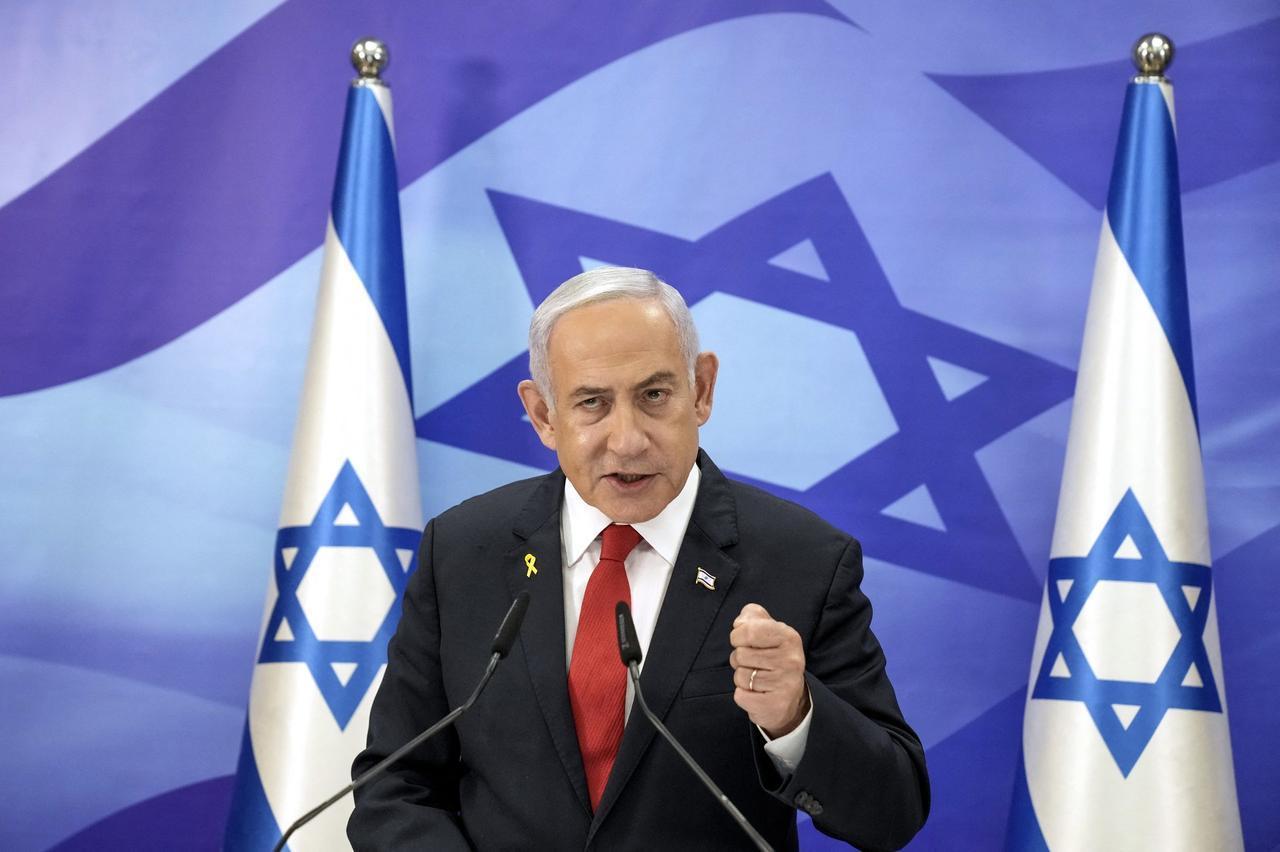
New U.S. intelligence indicates Israel may be preparing to strike Iranian nuclear facilities even as the Trump administration pursues diplomatic negotiations with Tehran, according to multiple U.S. officials familiar with the latest intelligence.
Such an action would represent a significant break with President Donald Trump and could risk igniting a broader regional conflict in the Middle East—something the U.S. has sought to avoid since tensions escalated following the Gaza war in 2023.
"The chance of an Israeli strike on an Iranian nuclear facility has gone up significantly in recent months," said a person familiar with U.S. intelligence on the issue. "And the prospect of a Trump-negotiated U.S.-Iran deal that doesn't remove all of Iran's uranium makes the chance of a strike more likely."
U.S. officials caution that Israeli leaders haven't made a final decision, and there remains disagreement within the U.S. government about whether Israel will ultimately act. The likelihood of a strike appears contingent on Israel's assessment of U.S. negotiations with Tehran over its nuclear program.
The heightened concerns stem from both public and private messaging from senior Israeli officials as well as intercepted Israeli communications and observations of military movements that suggest a potential imminent strike, according to multiple sources familiar with the intelligence.
Among the military preparations the U.S. has observed are movements of air munitions and the completion of an air exercise, two sources said. However, these indicators could also represent Israel's attempt to pressure Iran to abandon key elements of its nuclear program by signaling potential consequences.
President Trump has publicly threatened military action against Iran if diplomatic efforts to negotiate limitations on Tehran's nuclear program fail. In mid-March, Trump sent a letter to Iran's Supreme Leader Ali Khamenei setting a 60-day deadline for diplomatic success, according to a source familiar with the communication. That deadline has now passed, with 38 days having elapsed since the first round of talks began.
A senior Western diplomat who recently met with Trump said the president indicated negotiations would only be given weeks to succeed before considering military strikes. The White House policy currently remains focused on diplomacy.
This situation has put Israel "between a rock and a hard place," according to Jonathan Panikoff, a former senior intelligence official specializing in the region. Prime Minister Benjamin Netanyahu faces pressure both to prevent a U.S.-Iran deal that Israel considers inadequate while avoiding alienation from Trump, who has already broken with Netanyahu on key regional security issues.
"At the end of the day, the Israeli decision-making is going to be predicated on U.S. policy determinations and actions, and what agreements President Trump does or does not come to with Iran," Panikoff said. He added that he doesn't believe Netanyahu would risk completely fracturing the U.S.-Israel relationship by launching a strike without at least tacit U.S. approval.
Iran currently finds itself in its weakest military position in decades following Israeli bombing of its missile production facilities and air defenses in October. This vulnerability, combined with an economy weakened by sanctions and Israel's decimation of Iran's most powerful regional proxies, presents what U.S. officials describe as a window of opportunity that Israel may see.
While the U.S. is increasing intelligence collection to prepare for potential Israeli action, a source familiar with the Trump administration's thinking indicated the U.S. is unlikely to assist Israel in strikes on Iranian nuclear sites at this time, barring major provocation from Tehran.
Previous U.S. intelligence reports suggest Israel lacks the capacity to destroy Iran's nuclear program without American assistance, including midair refueling and specialized bombs needed to penetrate deeply underground facilities.
An Israeli source told CNN that Israel would be prepared to act independently if the U.S. negotiates what Israel considers a "bad deal" with Iran.
"I think it's more likely they strike to try and get the deal to fall apart if they think Trump is going to settle for a 'bad deal,'" said another person familiar with U.S. intelligence. "The Israelis have not been shy about signaling that to us... both publicly and privately."
Current U.S.-Iran talks remain stalled over Washington's demand that Tehran cease uranium enrichment, a process necessary for nuclear weapons but also used in civilian nuclear power production.
Special envoy Steve Witkoff, leading the U.S. delegation, recently told ABC News that Washington "cannot allow even 1% of an enrichment capability" under an agreement. "We've delivered a proposal to the Iranians that we think addresses some of this without disrespecting them," he said.
Khamenei responded Tuesday that he does not expect negotiations with the United States to "reach a conclusion," calling the U.S. demand that Iran halt uranium enrichment a "big mistake." Iran maintains it has the right to enrich uranium under the U.N.'s Treaty on Nuclear Non-Proliferation and will not relinquish this right.
Another round of talks may occur in Europe this week, according to Witkoff. Both sides have presented proposals, but sources indicate there is currently no U.S. proposal with Trump's formal approval.
A U.S. intelligence assessment from February suggested any Israeli strikes would likely only minimally set back Iran's nuclear program rather than eliminate it entirely. "It's a real challenge for Netanyahu," Panikoff noted.